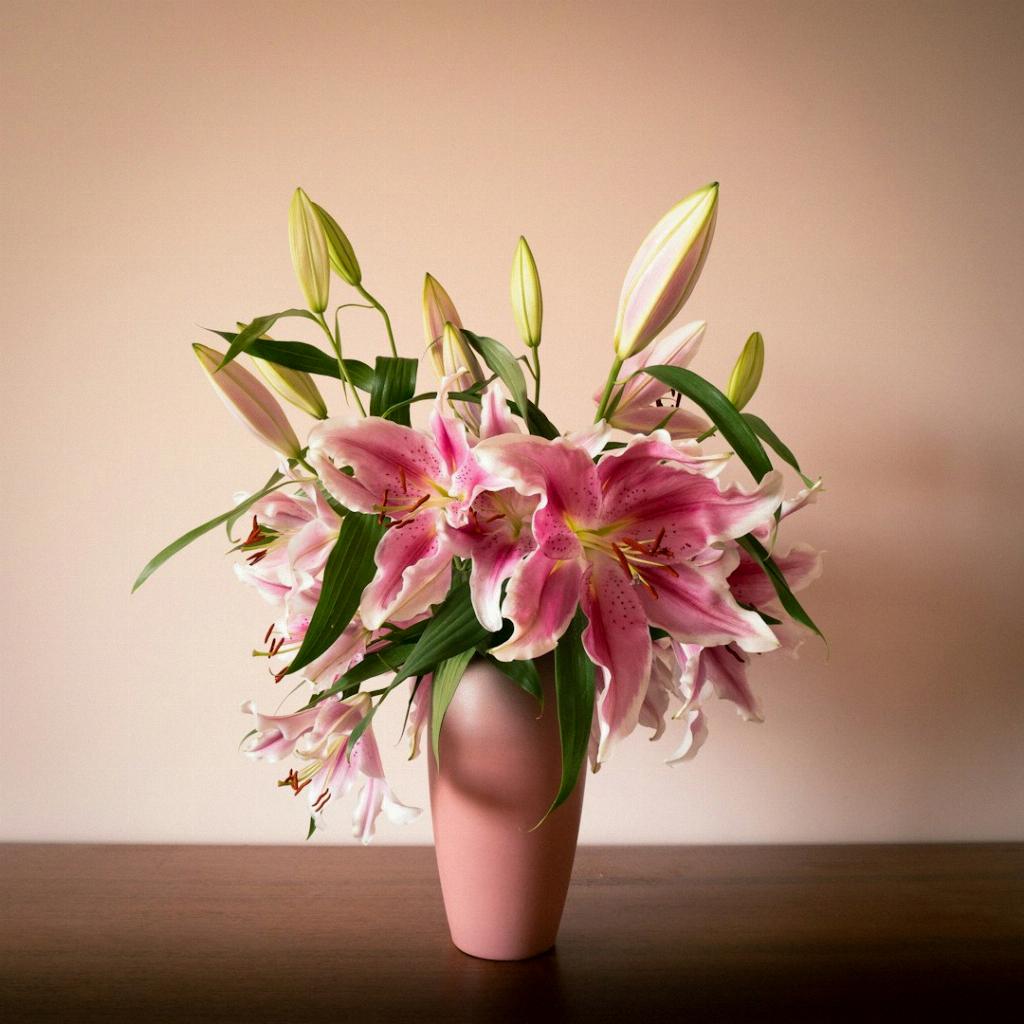When it comes to the question of whether Canna Lily is a perennial, the answer is not as straightforward as one might think. Canna lilies are known for their vibrant blooms and attractive foliage, making them a popular choice for many gardeners. However, their classification as perennials can vary depending on the climate in which they are grown.
In warmer climates, such as tropical and subtropical regions, Canna lilies are considered true perennials. This means that they have the ability to survive and bloom year after year without the need for replanting. In these regions, Canna lilies thrive in the long growing season and mild winters, allowing them to establish a strong root system and return each year with impressive displays of flowers.
On the other hand, in colder climates where winters are harsh and frost is common, Canna lilies behave more like annuals. In these regions, the cold temperatures can kill off the foliage and roots of the plants, preventing them from coming back the following year. Gardeners in colder climates often treat Canna lilies as annuals, replanting them each spring to enjoy their beauty for a single season.
Despite this distinction between warmer and colder climates, Canna lilies are incredibly versatile plants that can adapt to a wide range of growing conditions. Whether you live in a tropical paradise or a chilly northern climate, there is a Canna variety that will suit your garden perfectly. These plants are known for their resilience and ability to thrive in a variety of soil types and light conditions.
One of the key factors that contribute to the perennial nature of Canna lilies in warmer climates is their robust root system. These plants develop thick, fleshy rhizomes underground, which store energy and nutrients during the dormant period. This allows Canna lilies to survive through the winter months and return with vigor in the spring, ready to produce new growth and flowers.
In addition to their hardy root systems, Canna lilies are prized for their stunning blooms and foliage. The flowers come in a wide array of colors, ranging from fiery reds and oranges to soft pinks and yellows. The large, paddle-shaped leaves add a tropical touch to any garden, creating a lush and exotic feel that is sure to impress visitors.
Another reason why Canna lilies are beloved by gardeners is their low maintenance requirements. These plants are relatively easy to care for, requiring little more than regular watering and feeding to thrive. They are also resistant to pests and diseases, making them a fuss-free choice for both beginner and experienced gardeners alike.
When it comes to planting Canna lilies, there are a few key considerations to keep in mind. In warmer climates, it is best to plant Canna rhizomes in the spring, allowing them to establish themselves before the heat of summer sets in. In colder regions, it is advisable to wait until the danger of frost has passed before planting Canna lilies in the garden.
As the growing season progresses, be sure to water your Canna lilies regularly, especially during dry spells. These plants are heavy feeders and will benefit from the occasional application of a balanced fertilizer to promote healthy growth and abundant blooms. Deadheading spent flowers will encourage the plants to produce new blooms throughout the season.
In conclusion, the question of whether Canna Lily is a perennial is best answered by considering the specific climate in which they are grown. While they are true perennials in warmer regions, behaving like annuals in colder climates. Regardless of their classification, Canna lilies are versatile, beautiful, and easy to care for plants that can bring a touch of the tropics to any garden.

